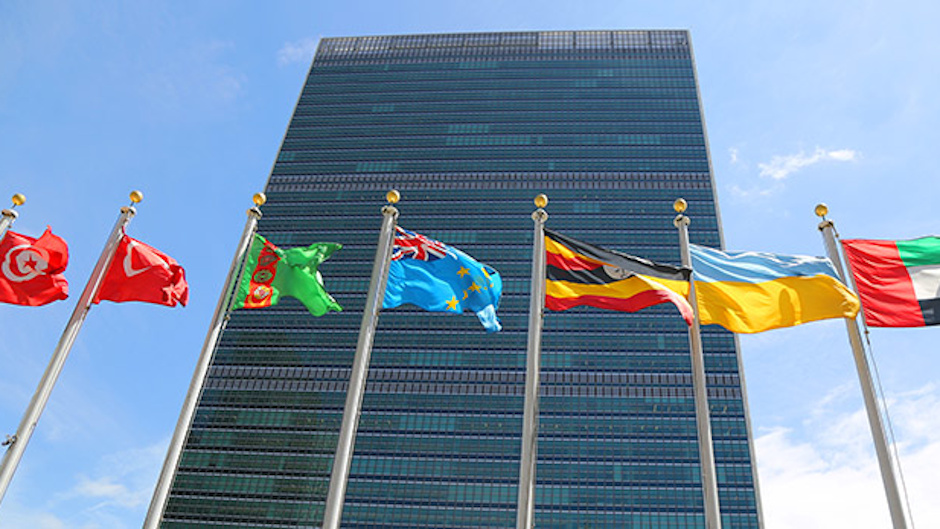As COVID-19 wreaks havoc globally, its threat is compounded for incarcerated populations. Overcrowded prisons and jails make “social distancing” of at least six feet impossible, becoming hotbeds of infection. In this context, U.S. drug policies leading to arbitrary detention can be deadly.
Early this month, second-year law students Alexa Flora and Gita Howard, working under the supervision of Miami Law’s Human Rights Clinic Associate Director, Tamar Ezer, highlighted these problematic drug policies in a submission to the U.N. Working Group on Arbitrary Detention. The submission provided a human rights analysis and illustrated the disparate impacts of drug policies based on gender, race, and income. It further underscored how pregnant women who use drugs are particularly vulnerable to arbitrary detention as a result of laws in various states that criminalize their pregnancies.
“Current punitive drug policies are completely counterproductive,” said Ezer. “Rather than ending drug use, they heap additional problems on an already burdened population, driving people underground and away from health services. Moreover, with the coronavirus, facilitating the spread of infection puts everyone at risk.”
The U.N. Working Group on Arbitrary Detention, independent experts charged with addressing arbitrary detention globally, is preparing a study on the impact of drug policies. “It was an absolute privilege to use so much of what we learned this year to contribute to the Working Group’s study,” said Flora. “My colleagues on the Drug Policy team and I have had the opportunity to do a deep dive into research on drug policy globally through an international human rights lens over the past academic year. The U.S. is a sad and stark example of the ineffectiveness of responding to drug use with increased policing and incarceration,” said Flora.
The students are grateful for the expertise developed during the course of the clinic. “This enabled us to prepare a well-thought out submission with a tight turnaround and bring attention to this critical issue,” said Howard. “We hope this submission will shed light on punitive drug policy’s harmful effects on a population that is often stigmatized and dehumanized, and that we can continue to use knowledge gained through the Human Rights Clinic to advocate for those who are most vulnerable in our society.”

